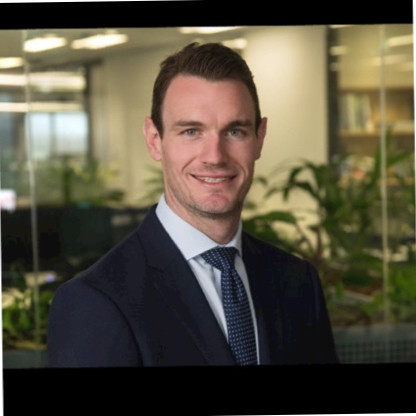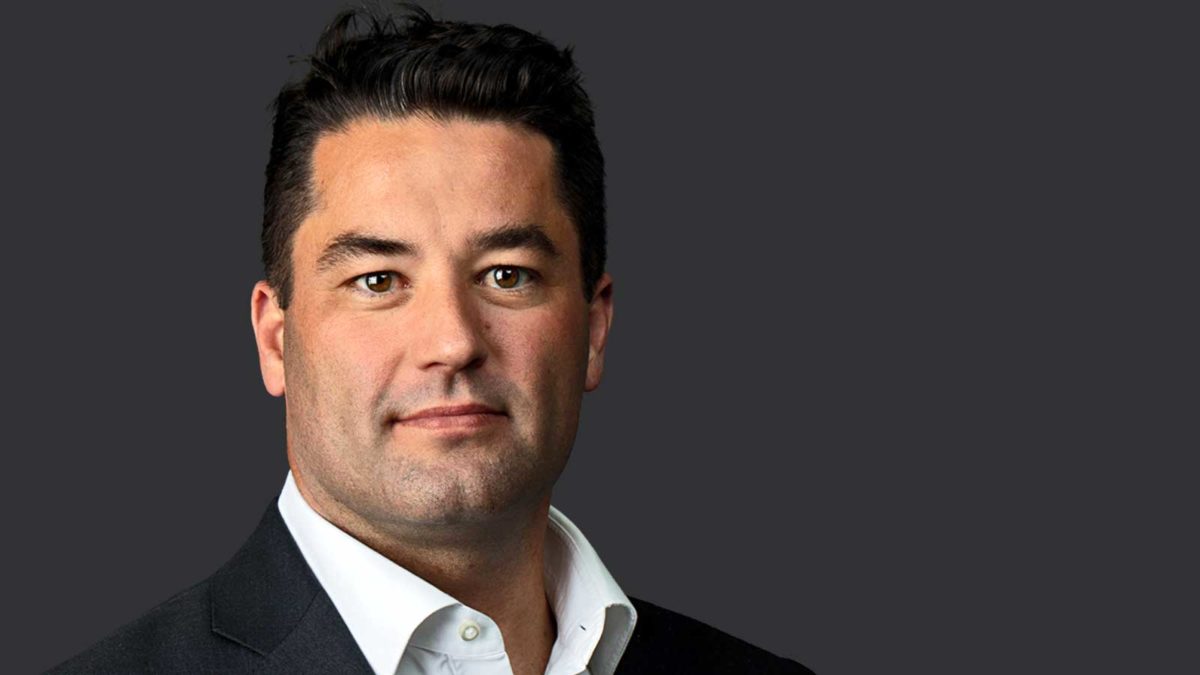GQG’s ‘Devil’s Advocate’ playbook goes wholesale
Little known in the broader Australian market, GQG Partners has become a manager of choice for some of the country’s largest investors. The firm is preparing for a push into the wholesale market.
When talking to GQG, the name of CIO and founder Rajiv Jain is always a part of the conversation. He and co-founder Tim Carver, the business head, have taken the US-based manager from zero to A$100 billion in assets under management in a little over five years.

The success follows his similar story at Vontobel, where assets under management soared from US$350 million to about US$50 billion during his 14-year tenure as CIO. When he announced his departure in March, 2016, the share price dropped 11 per cent.
“He’s got a very compelling track record – 25 years-plus as a portfolio manager in both global emerging markets and global developed markets, which is unusual in itself to have that longevity and on both sides of global equities,” GQG Partners Australian head, Laird Abernethy, said in an interview with this masthead.
Abernethy, a managing director of the Florida-based GQG said last week (June 16): “He will hold his thoughts loosely. He’s acutely aware of confirmation bias and he’s acutely aware of falling in love with stocks. He’s built his team to have a devil’s advocacy approach to everything they do.
“There’s traditional analysts there, but there’s also former investigative journalists who are there to get as bearish a case as possible on a stock.”
Jain has now extended his influence across the Pacific. GQG’s Australasian office was its first outside of Fort Lauderdale, Florida, with a dedicated team of four servicing more than A$3 billion in local institutional client assets – a big chunk of which came from AustralianSuper, its first large international mandate.
The expansion into Australia and New Zealand was spearheaded by Pacific Current Group, which has reduced its active sales involvement since Abernethy joined in December, 2018. Pacific Current, which started life in Australia more than 20 years ago as Treasury Group, had merged with US third-party marketer Northern Lights, of which Tim Carver was the founder.
Abernethy previously ran the platforms team and asset management businesses at Colonial First State and before that held senior roles at BT and Russell Investments. He recruited a former colleague, Daniel Bullock, who came over from Magellan to help him achieve GQG’s next goal for the region – opening up a wholesale business, which now has around $500 million under management across its global equities and emerging market funds “from a standing start”.

Abernethy said: “We had no brand in wholesale, and Rajiv had no brand in wholesale. A very big institutional brand, but not in wholesale.
“So, when you’re building a business from scratch in wholesale, you can spin the tyres a lot and get nowhere very quickly. It helps to have someone with experience in that side of the industry.”
And with Australia’s superannuation sector on the brink of sweeping regulatory changes under Your Future Your Super (YFYS), it’s clear how important boots on the ground will be.
“An unknown at the moment is what the (YFYS) regulations mean for portfolio construction,” Abernethy said. “How are industry participants going to respond to that? How are they going to build portfolios differently? That’s certainly in our mind; seeing if there’s any intended or unintended consequences that come out from a portfolio construction sense.”
He said: “How much more focussed will our asset allocators be on meeting a benchmark or meeting a range within a benchmark? Will their overall tracking error go up? What will be the split between listed and unlisted assets going forward?
“These are all questions we’ve yet to see answered. It’s only going to make success in this market harder for asset managers, and you’ve really got to be best of breed to make sure you’re adding value to an institutional investor’s portfolio going forward.”
Driven mainly by pressure to bring down fees, many industry funds are continuing to build inhouse investment capabilities. AustralianSuper, which was one of the first to start the process in 2012, is planning to have 50 per cent of asset management inhouse by the end of 2021.
While Australian equities and fixed interest were some of the first asset classes to be internalised, many teams are now investing in the “whole spectrum of global equities”.
“It’s a trend we’re seeing in the institutional space… Only the very best will survive because of the sophistication of the market down here and the sophistication of those internal teams,” Abernethy said. “You’re going to focus even more on best-in-class product, and we’d say we do have a best-in-class product. That’s evident by the fact that we’re still a manager for AustralianSuper.”
GQG’s immediate order of business is getting a new office after leaving its Chifley Tower digs. It would consider expanding its product range, but the focus for now was on building out its presence in the wholesale market by getting advisers and SMSFs more familiar with the name, Bullock said.
“There’s a sophisticated market here on the wholesale side, but there’s probably less decision makers as well. If you can influence those decision makers, your ability to grow assets is greater. It’s becoming less fragmented obviously, and that consolidation is only increasing… GQG saw that coming, and there’s an opportunity on the wholesale side.”











